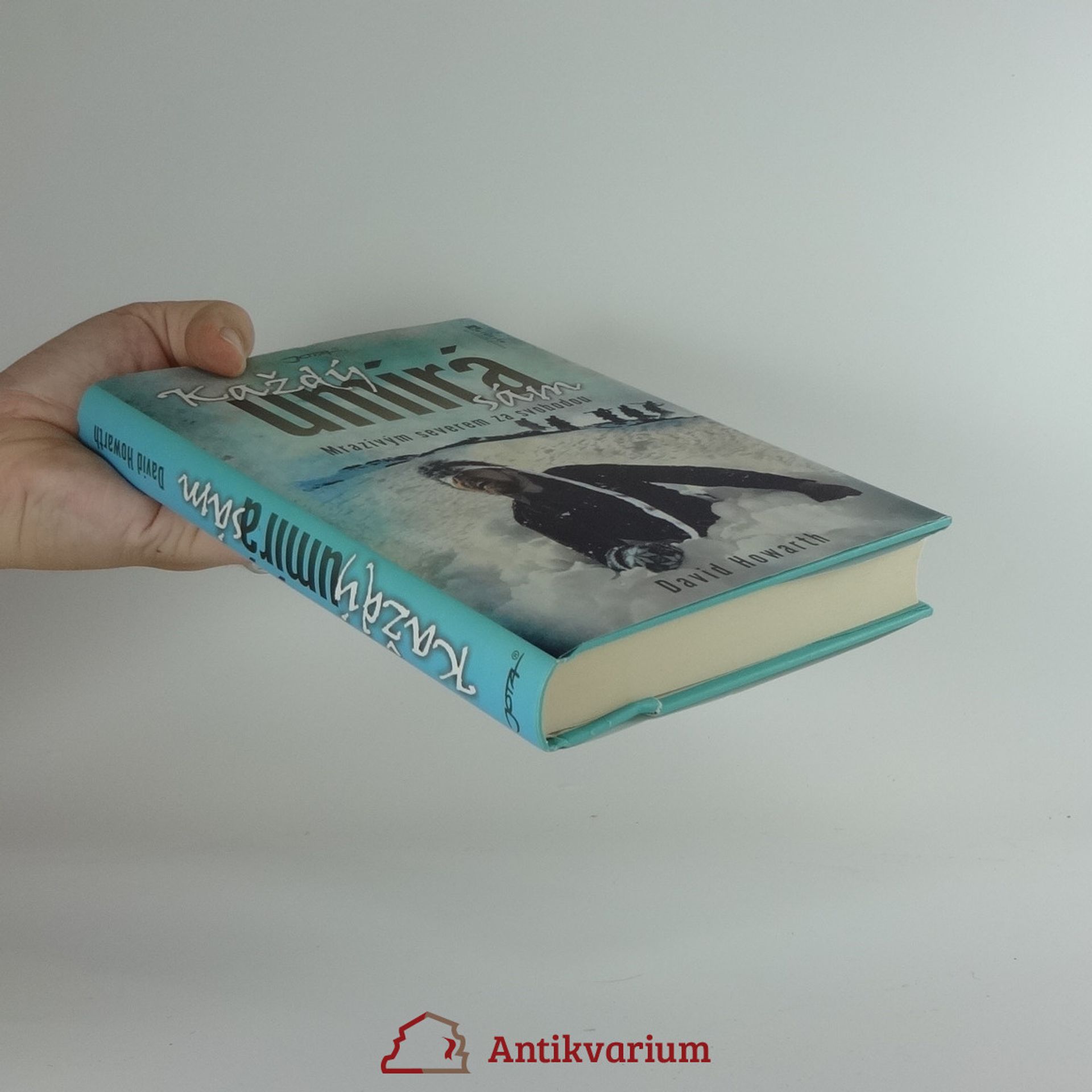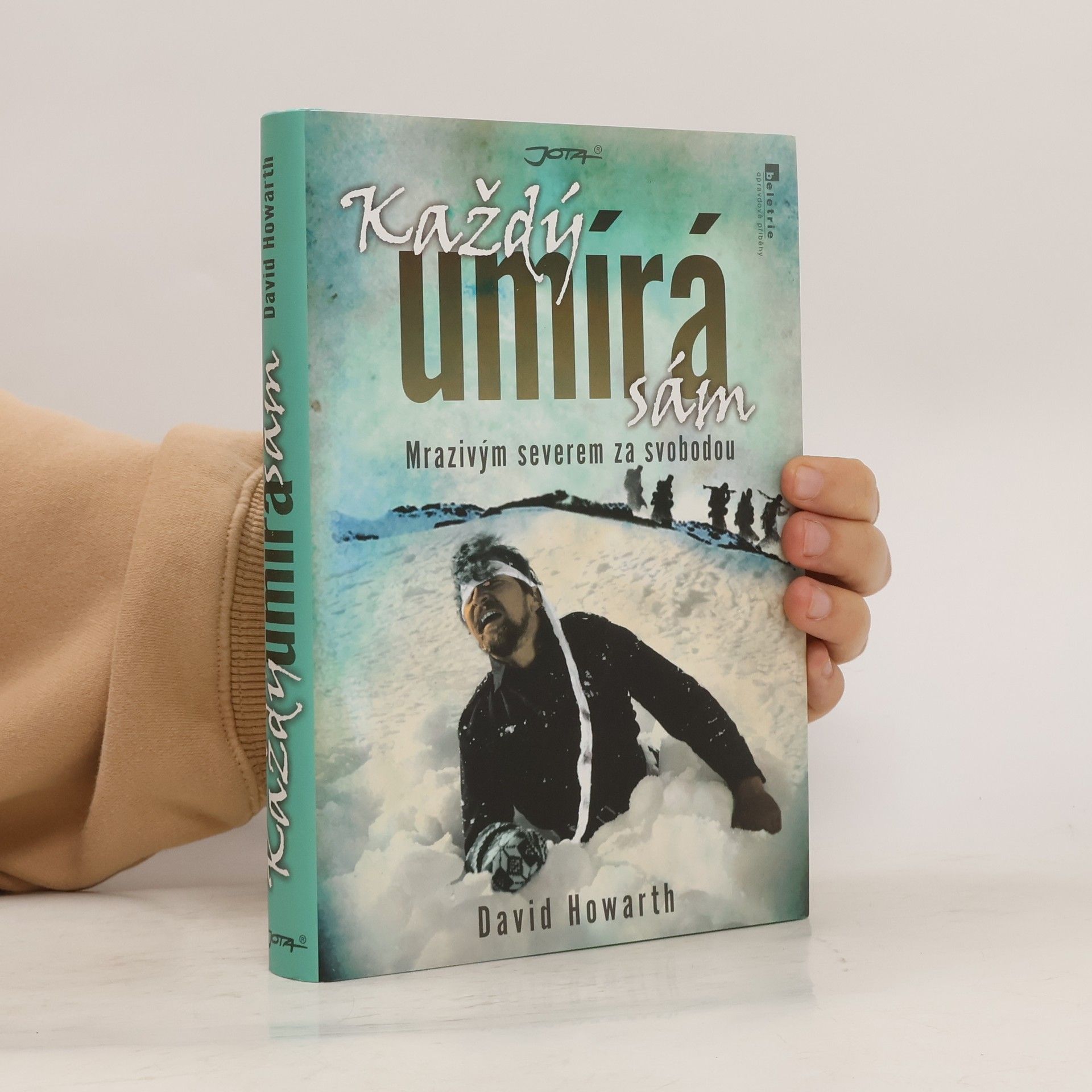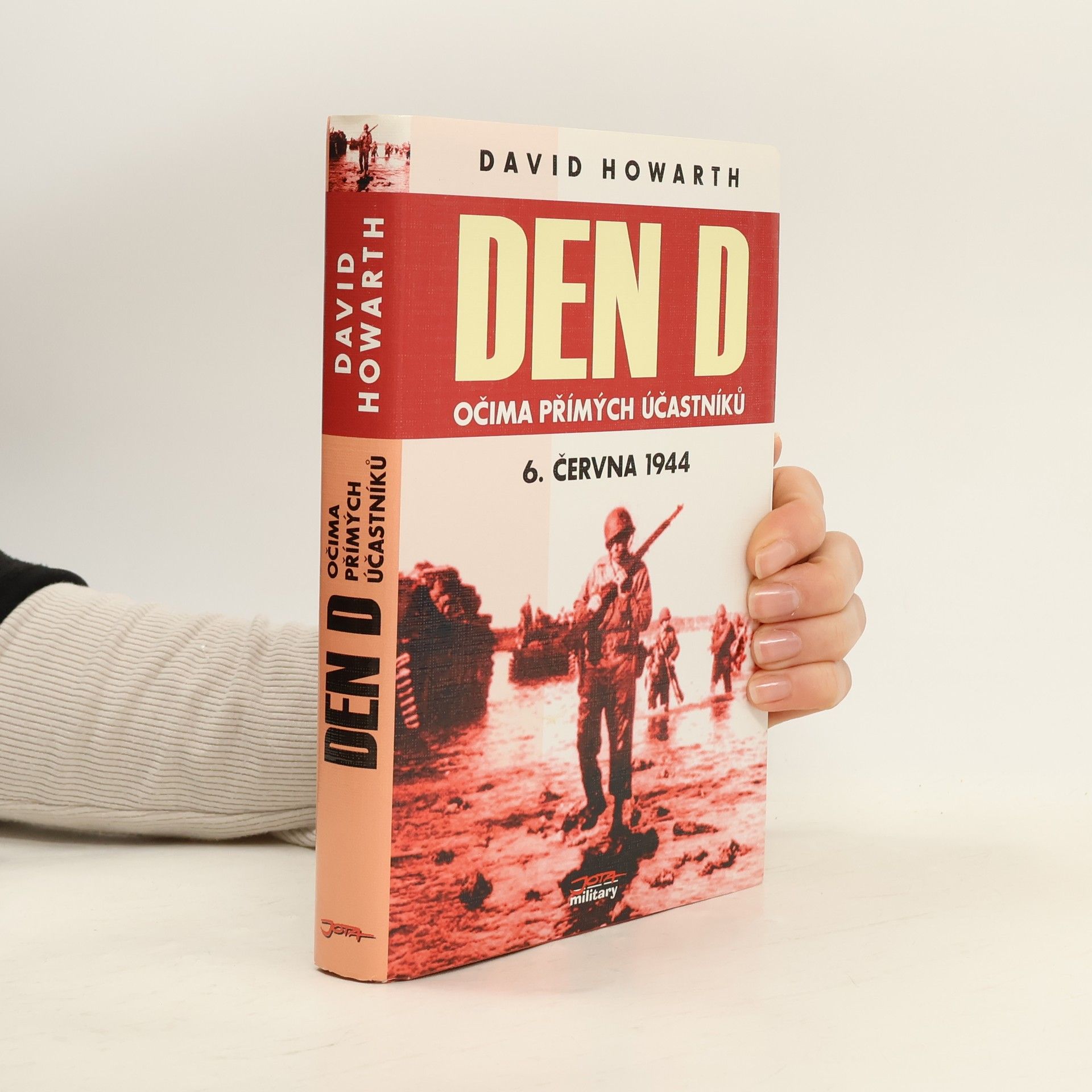Focusing on firsthand accounts, David Howarth's narrative captures the dramatic events of June 6, 1944, during the D-Day invasion. By incorporating testimonies from American paratroopers, British engineers, French civilians, and German soldiers, the book vividly portrays the chaos, fear, and valor experienced on that historic day. It explores not only key incidents but also the diverse emotions and experiences of those involved, offering a comprehensive view of the greatest amphibious landing in history.
David Armine Howarth Book order (chronological)
David Armine Howarth was a British historian and author whose works are informed by his extensive practical knowledge of ships and the sea. Following wartime service that included involvement in operations like the Shetland Bus, he channeled his experiences into crafting compelling historical narratives. His writing is characterized by a deep understanding of maritime themes and a spirit of adventurous storytelling. Through his books, he brings not only history but also the human stories within it to life for readers.


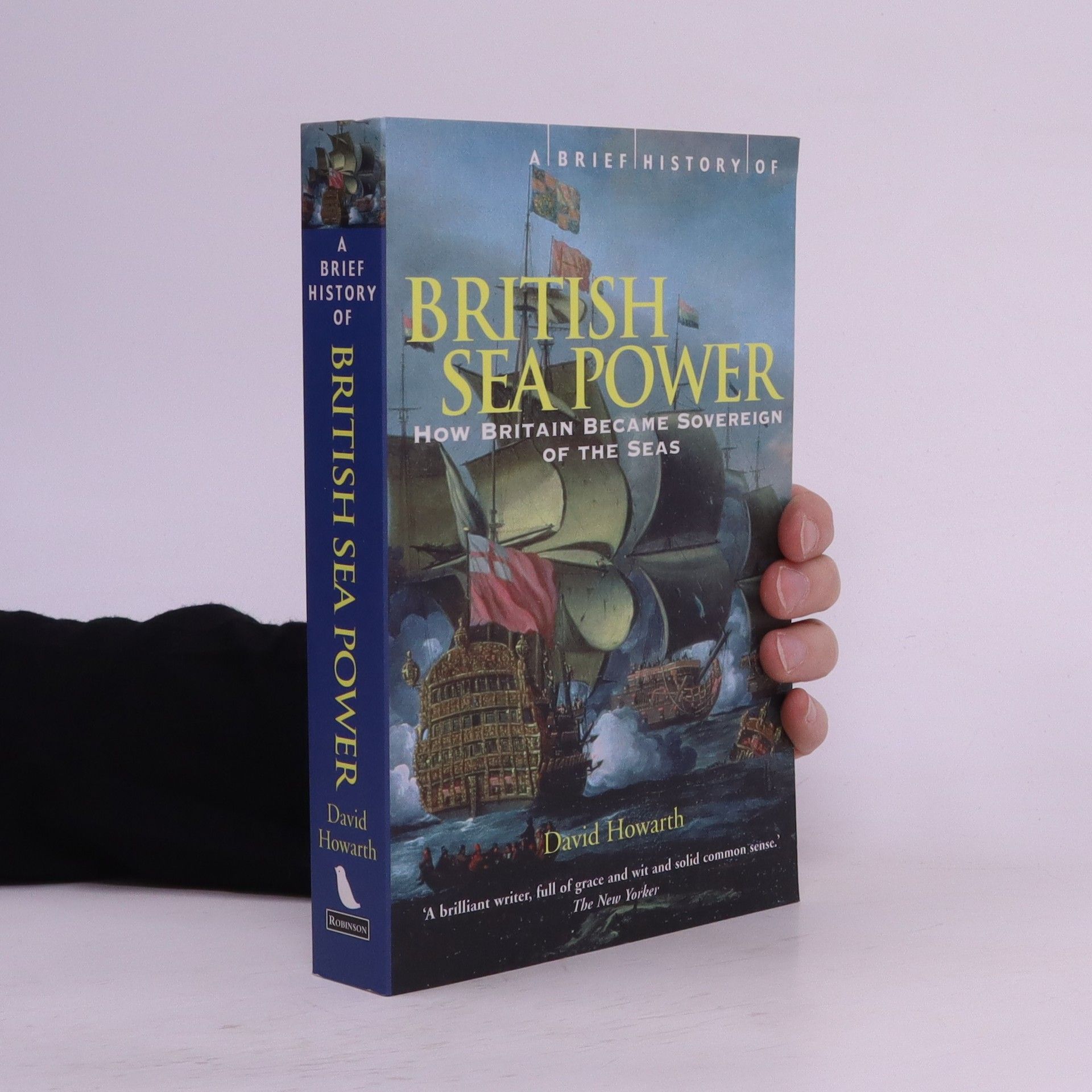

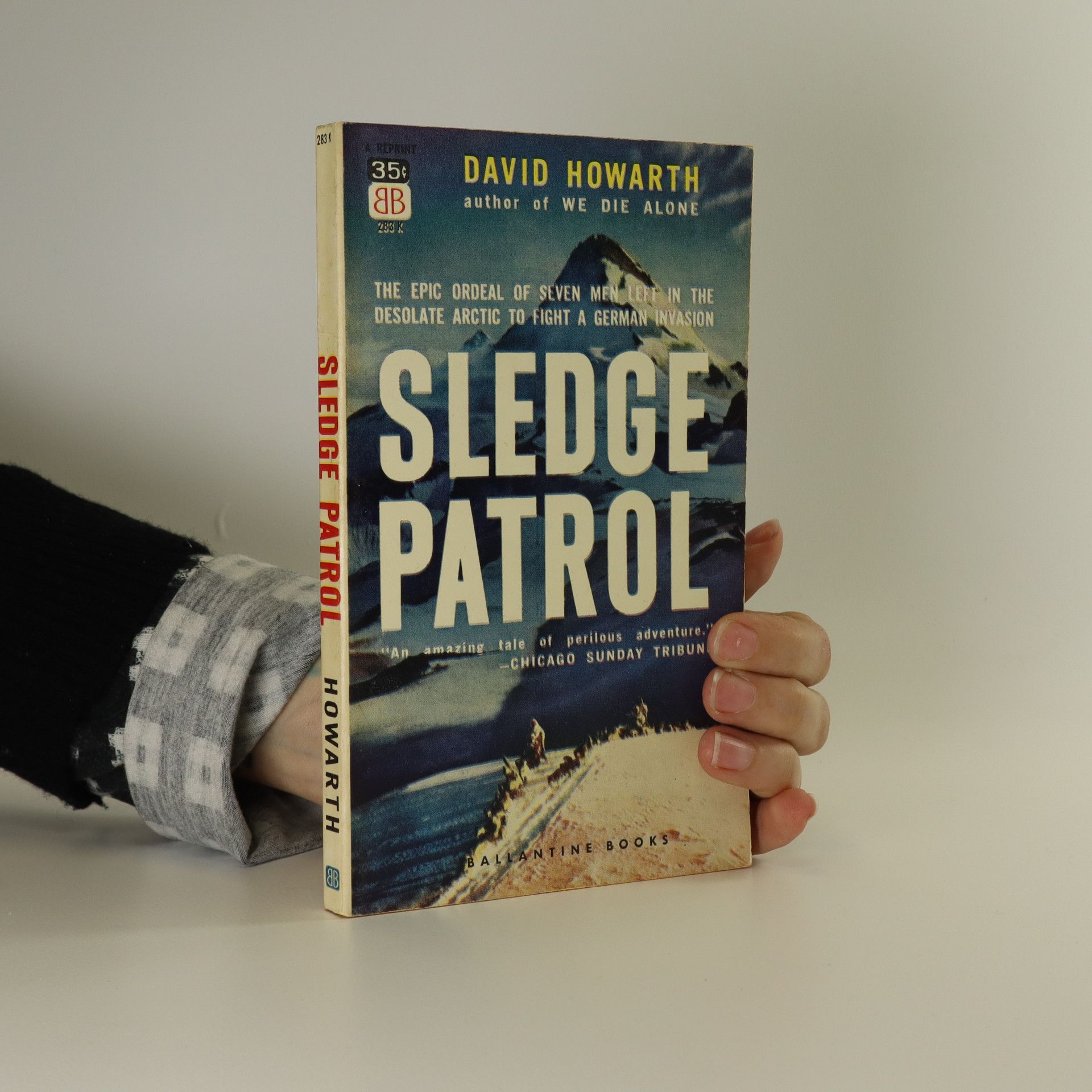


The unlikely beginnings of the East India Company—from Tudor origins and rivalry with the superior Dutch—to laying the groundwork for future British expansion
Set against the backdrop of a harsh Saskatchewan winter, the narrative unfolds in a village beset by relentless winds and halted farming activities. Amidst this turmoil, threshermen gather in a smoky pool room, where tensions rise and challenges are issued. The protagonist, Ned Pullar, remains stoic and composed, contrasting with the boisterous atmosphere around him. The story captures the grit of rural life and the dynamics of male camaraderie and rivalry in a time of hardship.
Jedna ze zásadních knih o umění špionáže a přežití. Strhující vyprávění o lidské odvaze a houževnatosti, s jejichž pomocí je možné zdolat všechny překážky. Napínavý příběh podle skutečných událostí, který se odehrál za druhé světové války v severní části okupovaného Norska. Roku 1943 sem byla z Anglie vyslána loď se čtyřčlennou skupinou norských odbojářů, kteří měli plnit zpravodajské a diverzní úkoly. V důsledku zrady se však o nich Němci dozvěděli, zaútočili na ně a posádku lodi i odbojáře pobili nebo zajali. Uniknout se podařilo jedinému muži, mladíkovi Janu Baalsrudovi, který ale skončil ve zcela neznámém prostředí bez vybavení, výzbroje, jídla, a dokonce bez jedné boty. Potřeboval se co nejrychleji dostat do sousedního Švédska, v cestě mu však stáli nejen nepřátelští vojáci, ale i nástrahy divoké severské přírody, a kdyby nebylo obětavé pomoci obyčejných obyvatel těchto odlehlých končin, byl by s ním brzy konec. Kniha původně vyšla v roce 1955, od té doby se dočkala mnoha vydání a nedávno nového v prestižním nakladatelství Canongate Press. O aktuálnosti titulu svědčí nová předmluva od Andyho McNaba, spisovatele a především bývalého vojáka, který bojoval v přední linii ve válce v Zálivu. V češtině kniha vychází poprvé.
David Howarth v knize Den D předkládá přímá svědectví amerických výsadkářů, britských inženýrů, francouzských civilistů či německých vojáků; vrací tak k životu ohromující příběh dramatických událostí ze 6. červa 1944. Kniha je jedinečným historickým svědectvím z úst mužů, kteří se stali přímými účastníky prvního dne bitvy v Normandii. Nepředkládá čtenářům pouze všeobecně známá fakta, ale celé spektrum osobních zkušeností účastníků Dne D, pokouší se vylíčit průběh bojů mezi výsadkáři a německými vojáky na normanském venkově, trýzeň těch, co se poprvé ocitli pod přímou palbou, utrpení na invazních plážích, šok německé obrany a všechen ten bitevní chaos, děs a euforii. Vzniká tak pozoruhodná mozaika, v níž se prolínají ty nejosobnější prožitky a zkušenosti s jednou z nejvýznamnějších historických událostí druhé světové války. David Howarth byl za druhé světové války válečným dopisovatelem BBC. Psát začal v roce 1951 a uznání si vydobyl například knihami We Die Alone, Trafalgar, The Voyage of the Armada a Waterloo: A Near Run Thing. Zemřel roku 1991.
Chronicles of the Renaissance
- 240 pages
- 9 hours of reading
A fascinating history of the Renaissance from its origins in Italy to its spread through Europe and Beyond. Over 250 illustrations depicting topics and places of key interest. 42 expertly drawn maps.
A Brief History of British Sea Power
- 384 pages
- 14 hours of reading
The British did not take to water like ducks, for centuries doing little but cling to coastal waters. The Romans and Vikings knocked spots of us as seamen, and the English upper classes saw seafaring as mercantile and beneath them. Britain's success at sea began with Elizabeth I and the defeat of the Armada, thanks to superior gunnery and seamanship. Elizabeth employed practical seamen like Hawkins and Drake - and they repaid her trust. Howarth reconstructs the expansion of trade routes and the great 18th - century days of the line of battle ships. With Napoleon's fall, the British were free to expand, and their prestige rose so high that sea warfare almost ceased as British ships patrolled the oceans. In the 20th century, the British navy was twice as big as any other. Full of anecdote, erudition and humour, this is a classic account.
Waterloo - A Near Run Thing
- 192 pages
- 7 hours of reading
'Vivid, violent, almost impossible to put down unfinished, this is a particularly welcome reprint of a masterpiece' The Good Book Guide
The Story of P&O
The Peninsular & Oriental Steam Navigation Company - Revised Edition
- 240 pages
- 9 hours of reading
For more than 150 years P&O has been one of the world's greatest shipping lines. Beginning with the mail contract to Gibraltar, P&O quickly became the British way to travel the world. The first shipping company to offer cruises, more than 100 years later cruising on P&O's famous white ships remains an important part of the company's activities, although it is now an internationally based group with many wide-ranging interests. This is the history of the company and its operations.
